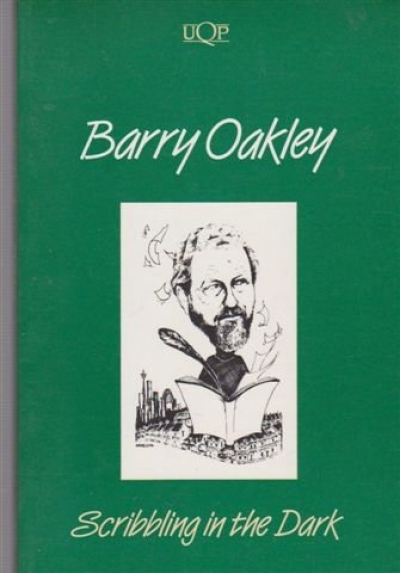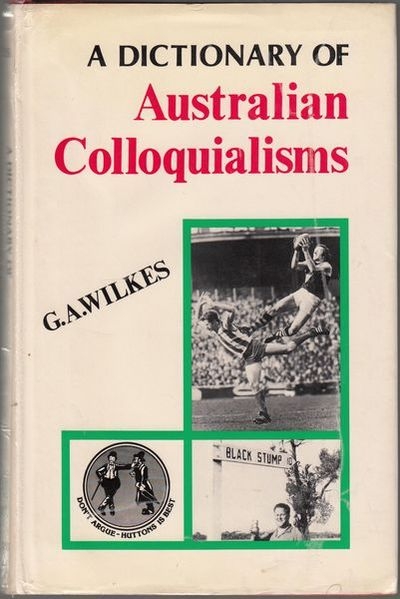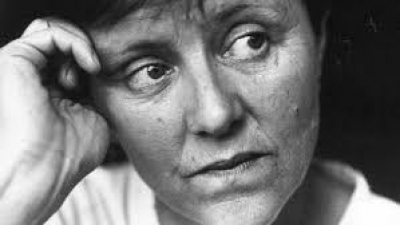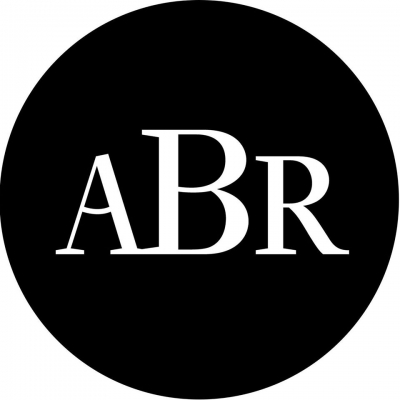Archive
The Ear in the Wheatfield: A Portrait of a Magazine edited by Kris Hemensley
The Australian Bookseller & Publisher serves as the trade magazine for the Australian publishing and bookselling industry. It derives a substantial amount of its revenue from the advertisements that publishers place in it.
... (read more)The publishing world and other allied industries, namely the media and literary critics, tend to promote authors on a ‘star’ system. Especially women writers. They allow certain women to become ‘flavour of the month’. Recently, if you remember, it was Beverley Farmer, and then Kate Grenville. For a short period, every newspaper, magazine, or radio program with a literary bent featured them and their fiction. This treatment is reserved for fiction writers. Never is such sustained coverage given to that awesome creature, the ‘woman poet’.
... (read more)German Raiders of the South Seas by Robin Bromby & Royal Australian Navy 1942–1945 by G. Hermon Gill
Vale John Hanrahan. Dear reader, if you think you miss him, you should see how I feel. I tried to get a Sydney person to take over this column. I really did. He said no. (Actually, he laughed.) So for those Sydney people who complain that ABR suffers from rampant Melbocentrism (and as a native of Adelaide I am far from blind to the ravages of this local disease, myself), bear in mind that the number of Sydney writers who get asked to write for ABR is considerably greater than the number who actually do. In the meantime I shall do my best, faute de mieux, since neither rain nor hail nor sleet etc., and ABR’s monthly deadline waits for no person …
... (read more)








